
Health 13/09/2025 23:29
That Random Stabbing Pain in Your Chest Has Finally Been Explained
News in the same category

Health 14/09/2025 00:43
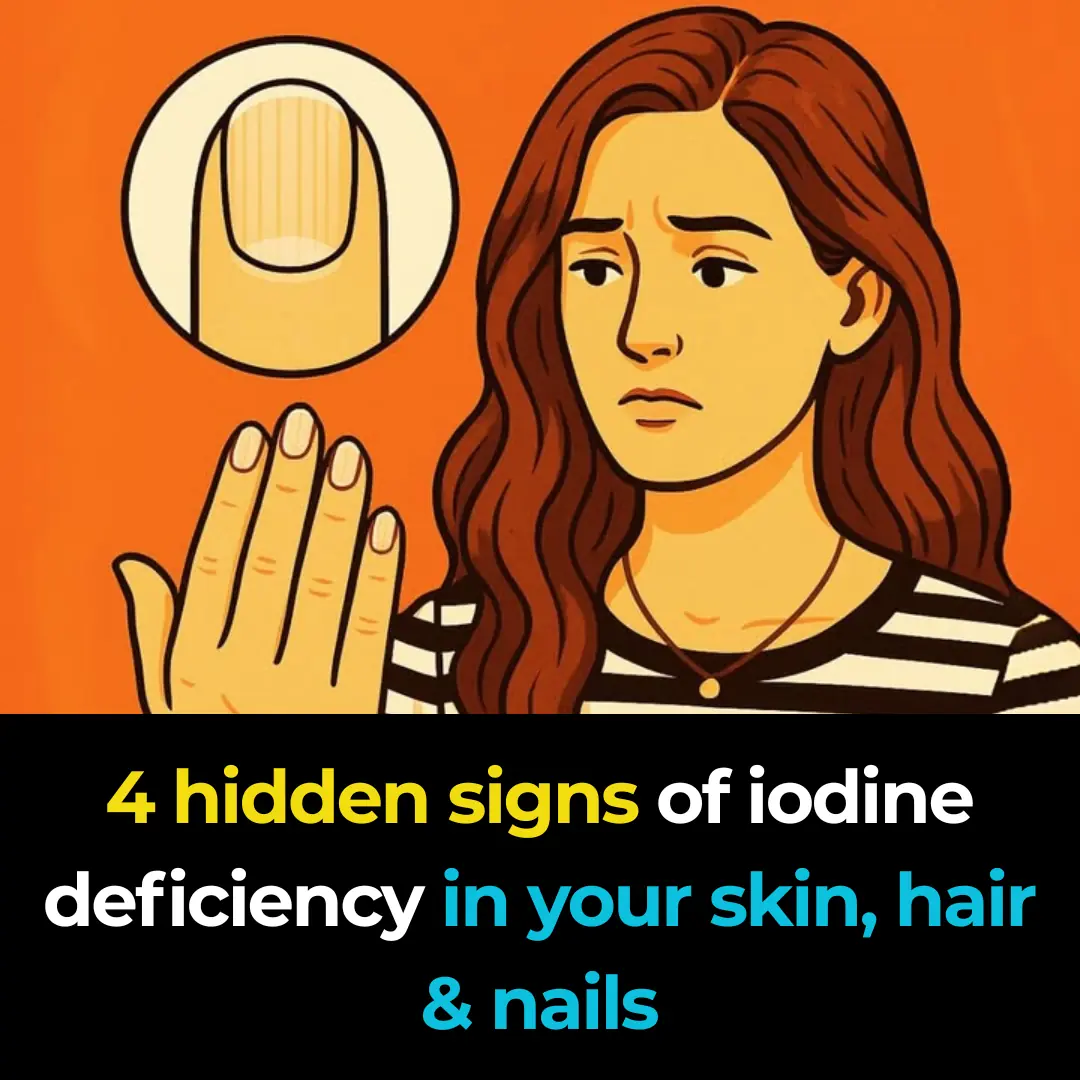
4 hidden signs of iodine deficiency in your skin, hair & nails
Health 14/09/2025 00:41

The Most Effective Natural Way to Remove Gallstones
Health 14/09/2025 00:38
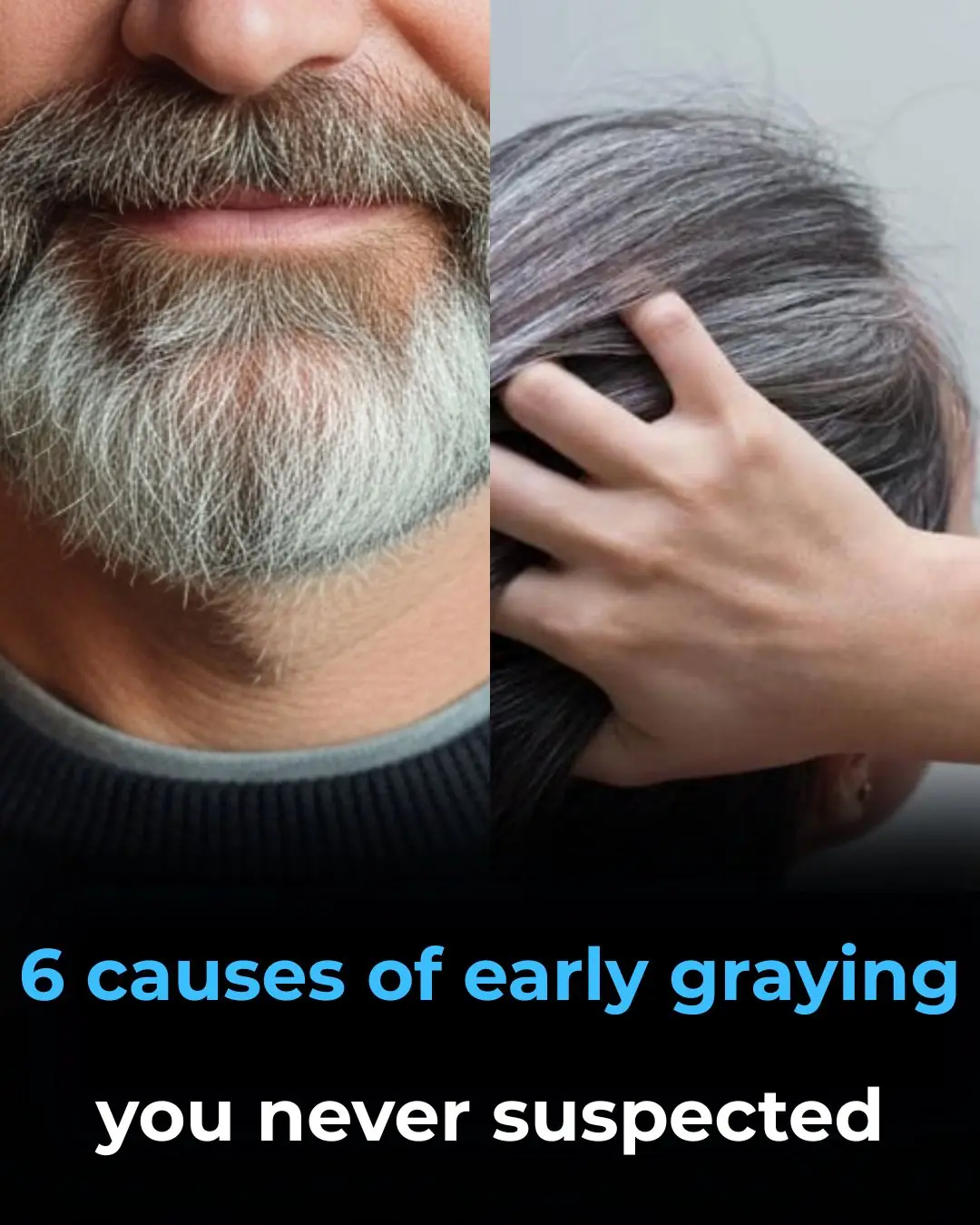
Causes of Early Graying You Never Suspected
Health 13/09/2025 23:35
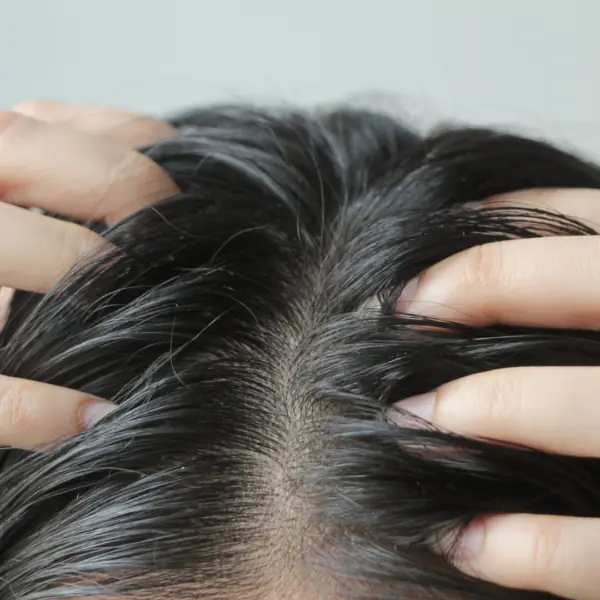
That Persistent Scalp Itch
Health 13/09/2025 23:32

The Dirty Secret About Toilet Paper on Public Seats
Health 13/09/2025 23:28
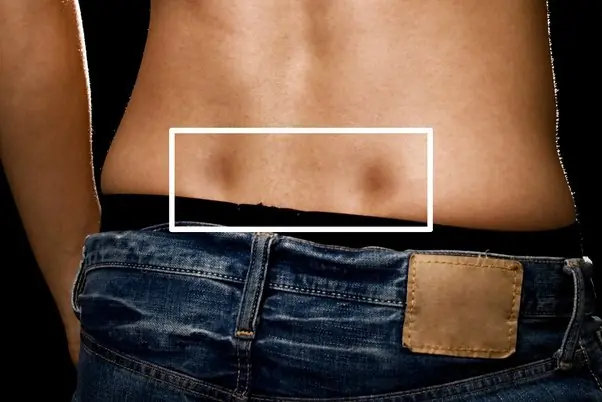
If You Have These Two "Dimples" on Your Lower Back, Here's What They Mean
Health 13/09/2025 23:26
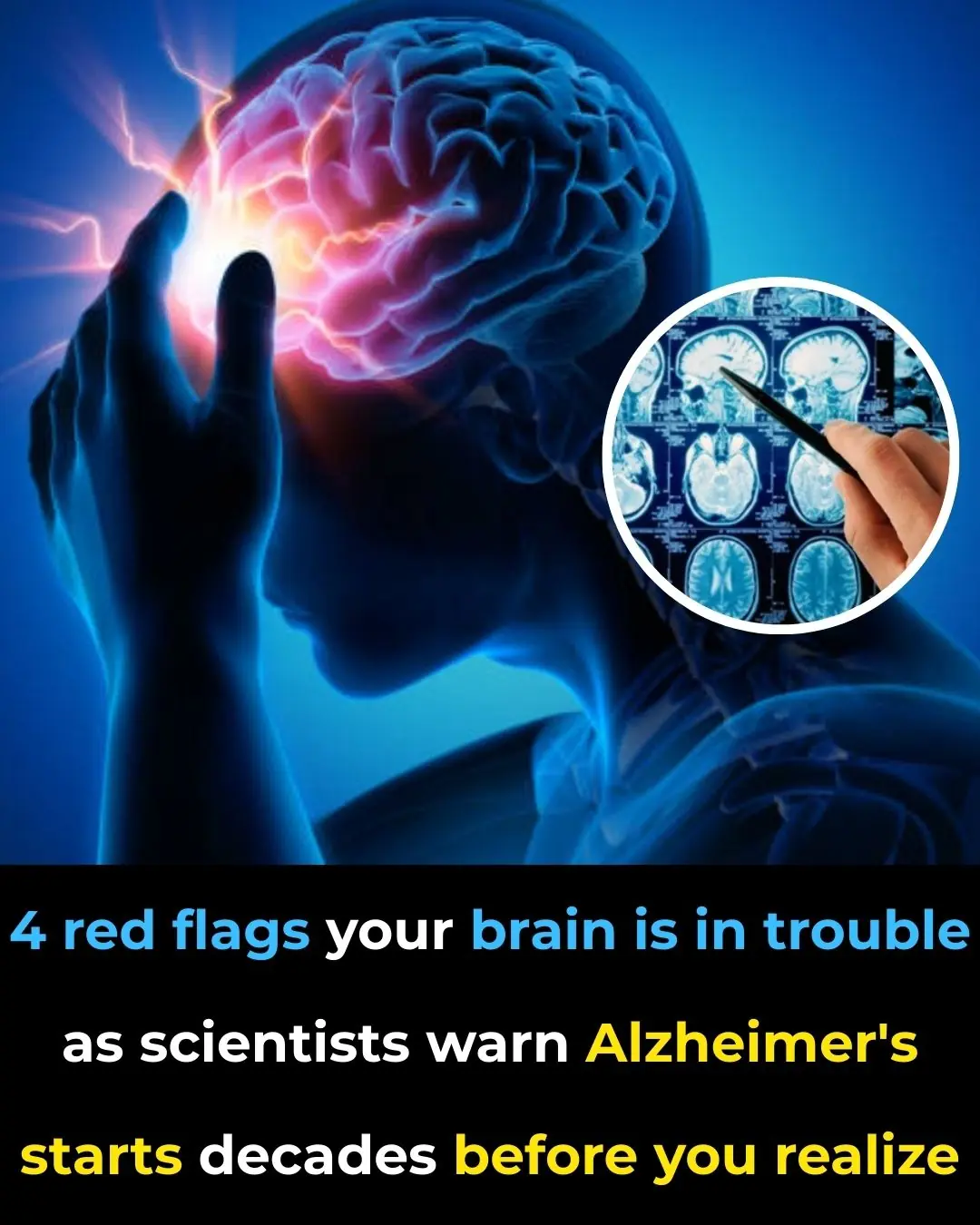
4 Red Flags Your Brain Might Be in Trouble as Experts Warn Alzheimer’s Can Start Decades Before Symptoms Appear
Health 13/09/2025 22:28

A Scientific Look at Oregano’s Role in Supporting Wellness
Health 13/09/2025 22:23

Cloves: 10 Health Benefits of Eating 2 Daily
Health 13/09/2025 21:48

Chicken Gizzards: 3 Surprising Benefits You Might Be Missing
Health 13/09/2025 21:46
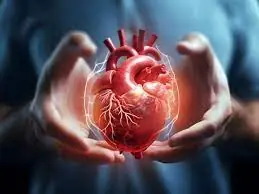
80% of Heart Attacks Could Be Avoided If Everyone Did These 5 Easy Things
Health 13/09/2025 19:58

People Are Putting Onions in Their Socks—Here’s Why You Don’t Want to Miss Out
Health 13/09/2025 19:57
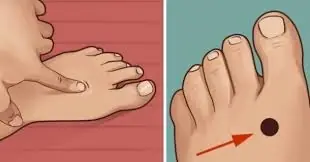
If You Press This Point on Your Foot Before Bed, This Is What It Does to Your Body
Health 13/09/2025 19:52
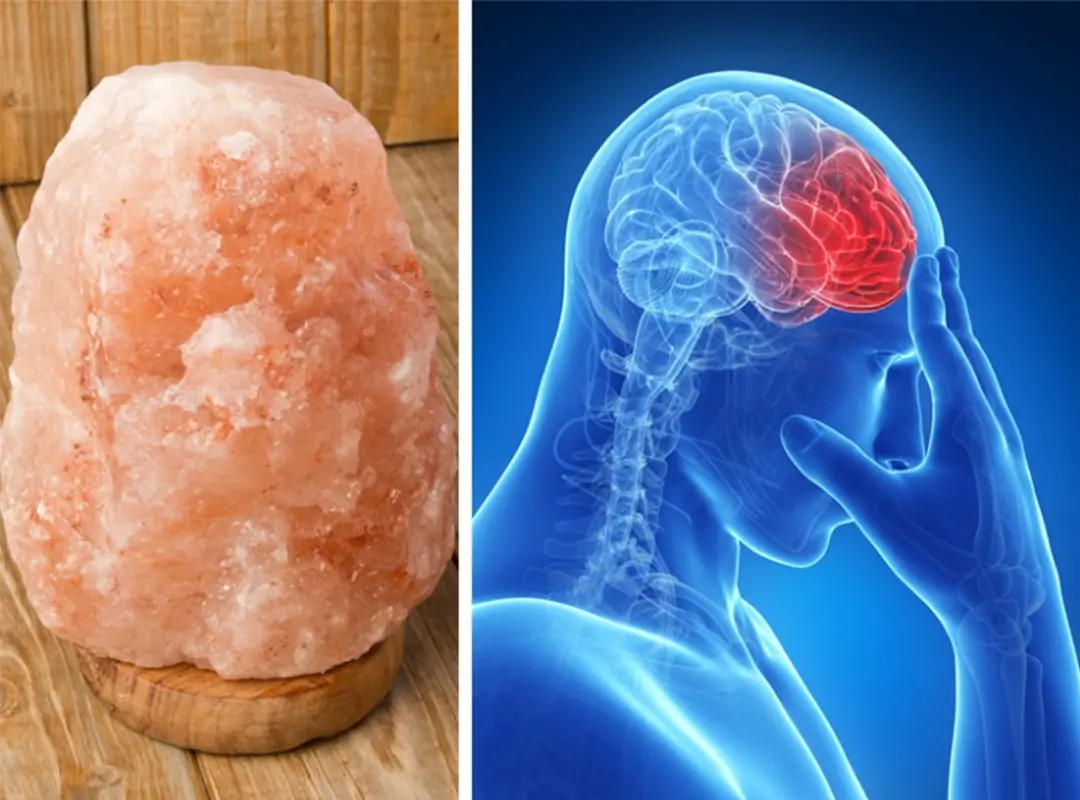
This Is What Happens to Your Lungs, Mood, and Blood Circulation When You Use a Himalayan Salt Lamp
Health 13/09/2025 19:48
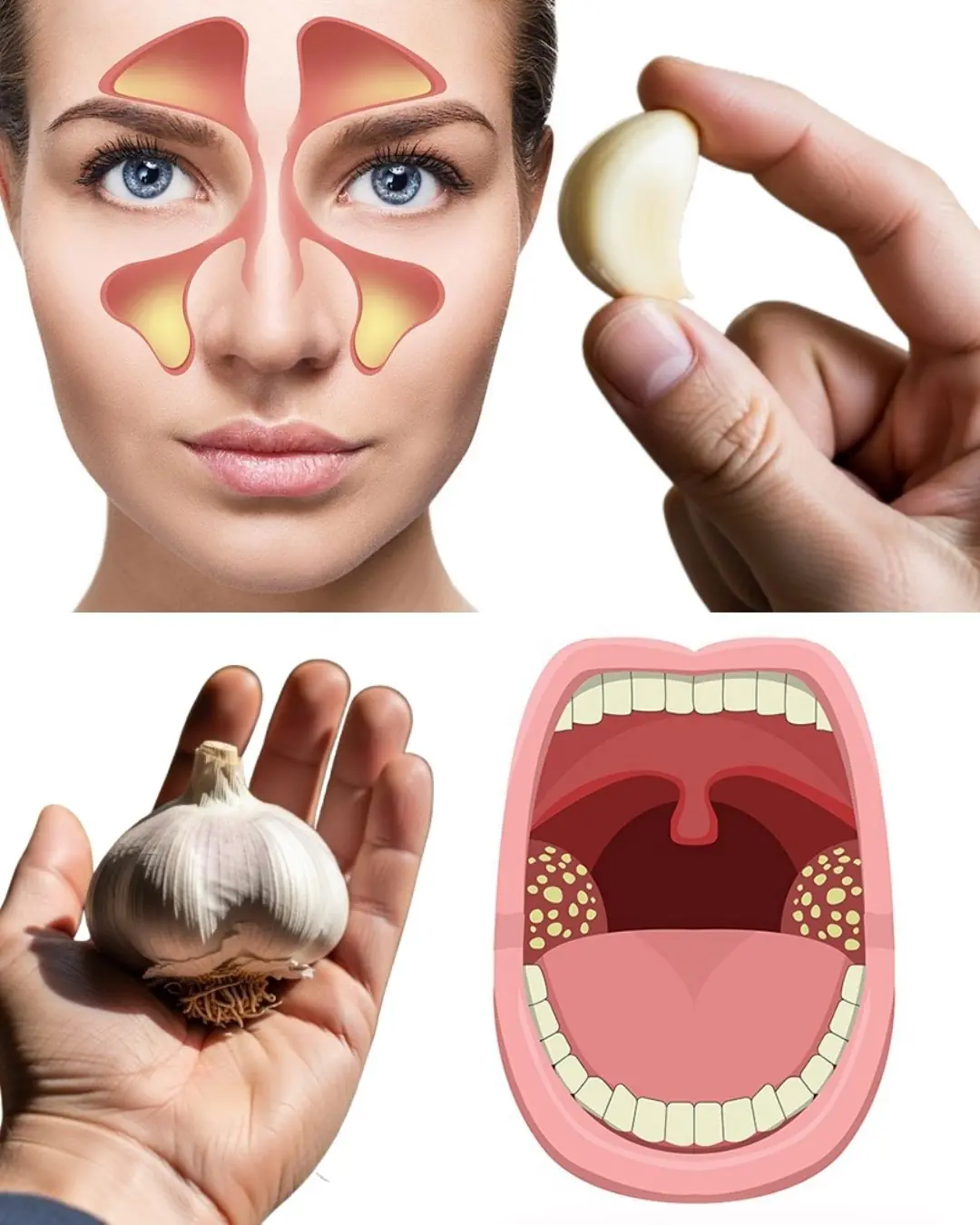
Garlic Destroys Urinary System Infections! Just Do This… 🧄✨
Health 13/09/2025 13:39

Anyone Whose Hair Is Falling Out Needs To Make This 2-Ingredient Drink Immediately
Health 13/09/2025 01:10

13 Detox Foods To Flush Out Toxins, Fight Cancer Cells And Relentlessly Hunt Free Radicals
Health 13/09/2025 01:09
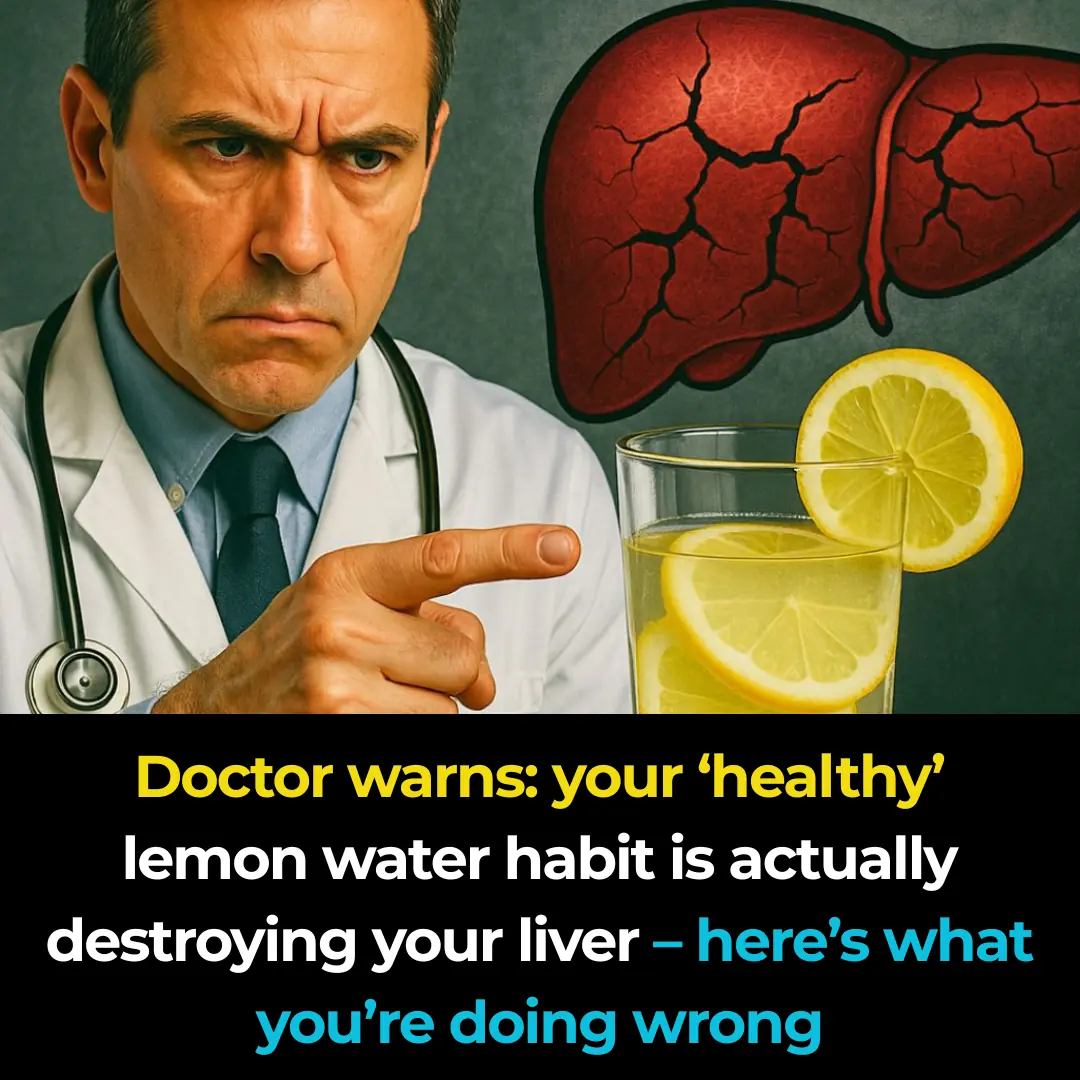
Doctor warns: your ‘healthy’ lemon water habit is actually destroying your liver – here’s what you’re doing wrong
Health 13/09/2025 01:08
News Post

How to wash your hair with perilla leaf water to prevent hair loss and stimulate the growth of new hair.
Tips 14/09/2025 00:51

Don’t soak frozen meat in cold water. Follow the chef’s method to defrost it in 5 minutes, and the meat will still taste great.
Tips 14/09/2025 00:50
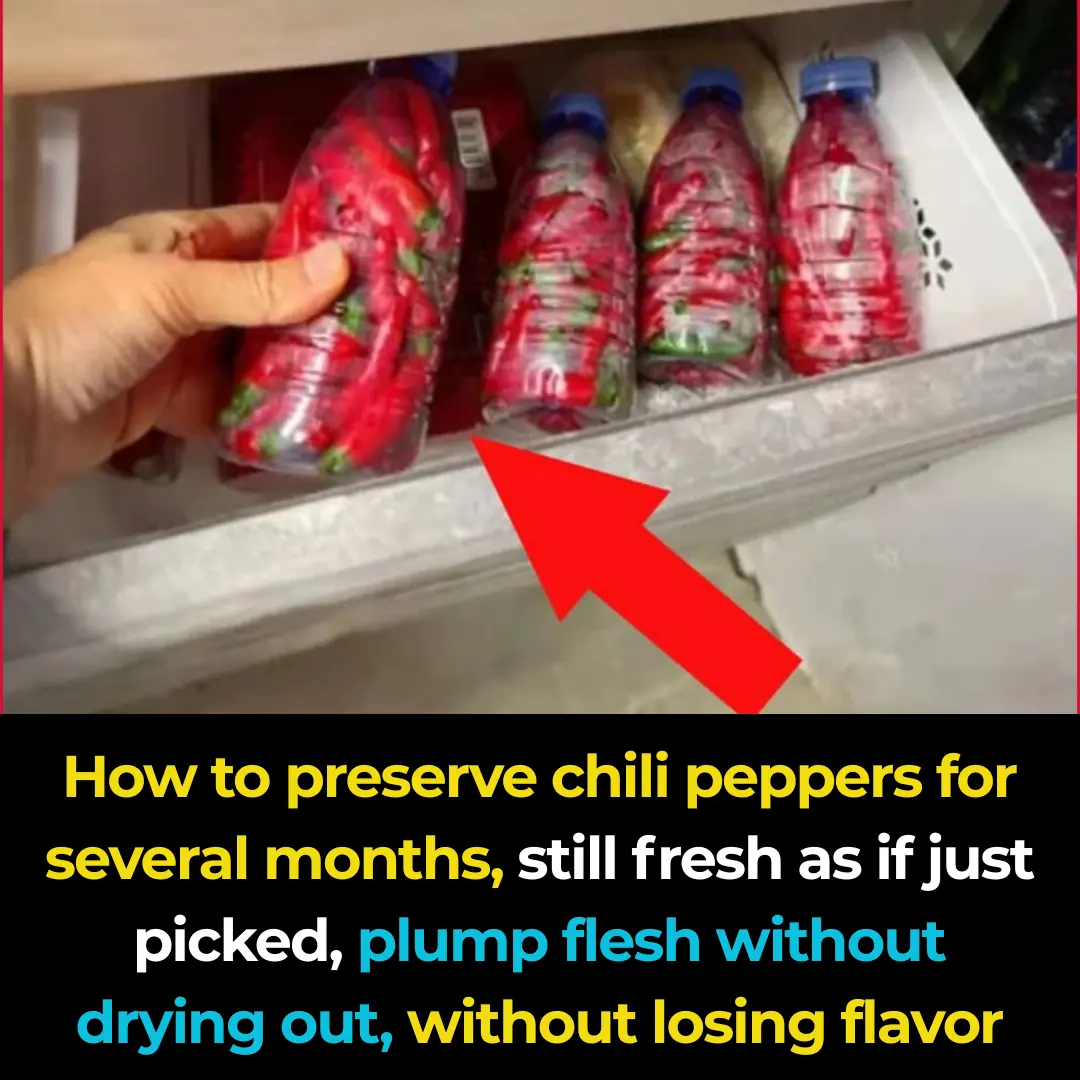
How to store chili peppers for months, keeping them as fresh as if they were just picked, with firm, plump flesh that doesn't dry out or lose flavor.
Tips 14/09/2025 00:48

3 powerful vegetables everyone overlooks (but shouldn’t!)
Health 14/09/2025 00:43

4 hidden signs of iodine deficiency in your skin, hair & nails
Health 14/09/2025 00:41

The Most Effective Natural Way to Remove Gallstones
Health 14/09/2025 00:38

Mugwort Plant: Benefits, Properties, and Uses
Garden Healthy 14/09/2025 00:32

Purslane: The Superfood That Tastes Better Than Meat – 7 Reasons to Grow It in Your Garden
Garden Healthy 14/09/2025 00:30

Causes of Early Graying You Never Suspected
Health 13/09/2025 23:35

That Persistent Scalp Itch
Health 13/09/2025 23:32

Steps to Take When Your Adult Children No Longer Show Respect
Facts 13/09/2025 23:32

The Dirty Secret About Toilet Paper on Public Seats
Health 13/09/2025 23:28

If You Have These Two "Dimples" on Your Lower Back, Here's What They Mean
Health 13/09/2025 23:26

How to Save Electricity: Immediately Put a Roll of Toilet Paper into Your Refrigerator – An Amazing Trick That Also Saves You Money
Tips 13/09/2025 22:57
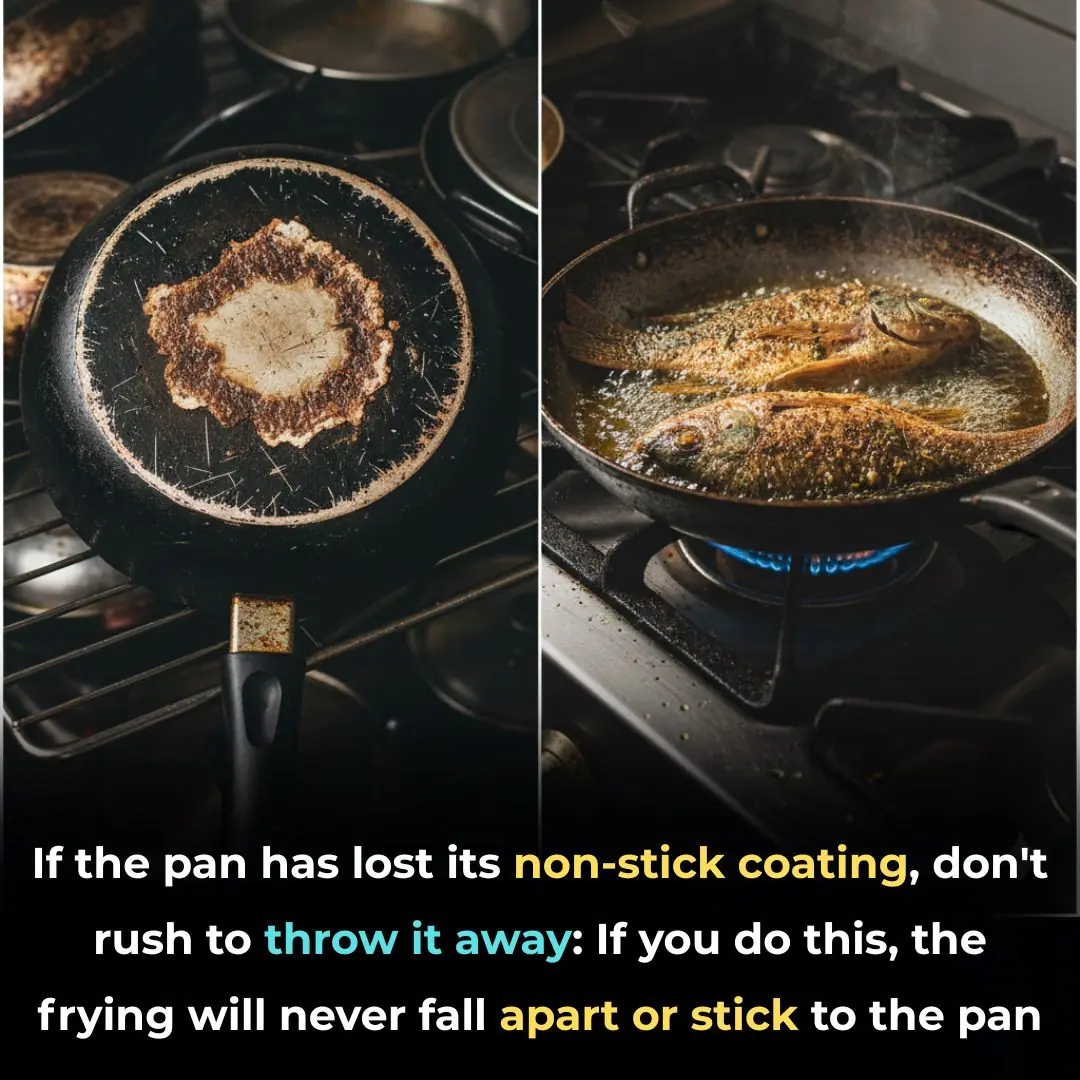
When Your Non-Stick Pan Loses Its Coating, Don’t Throw It Away: Try This Method to Fry Without Food Sticking or Breaking
Tips 13/09/2025 22:55

Simple and Effective Tips to Repel Rats Using Leftover Rice — Anyone Can Do It at Home
Tips 13/09/2025 22:53
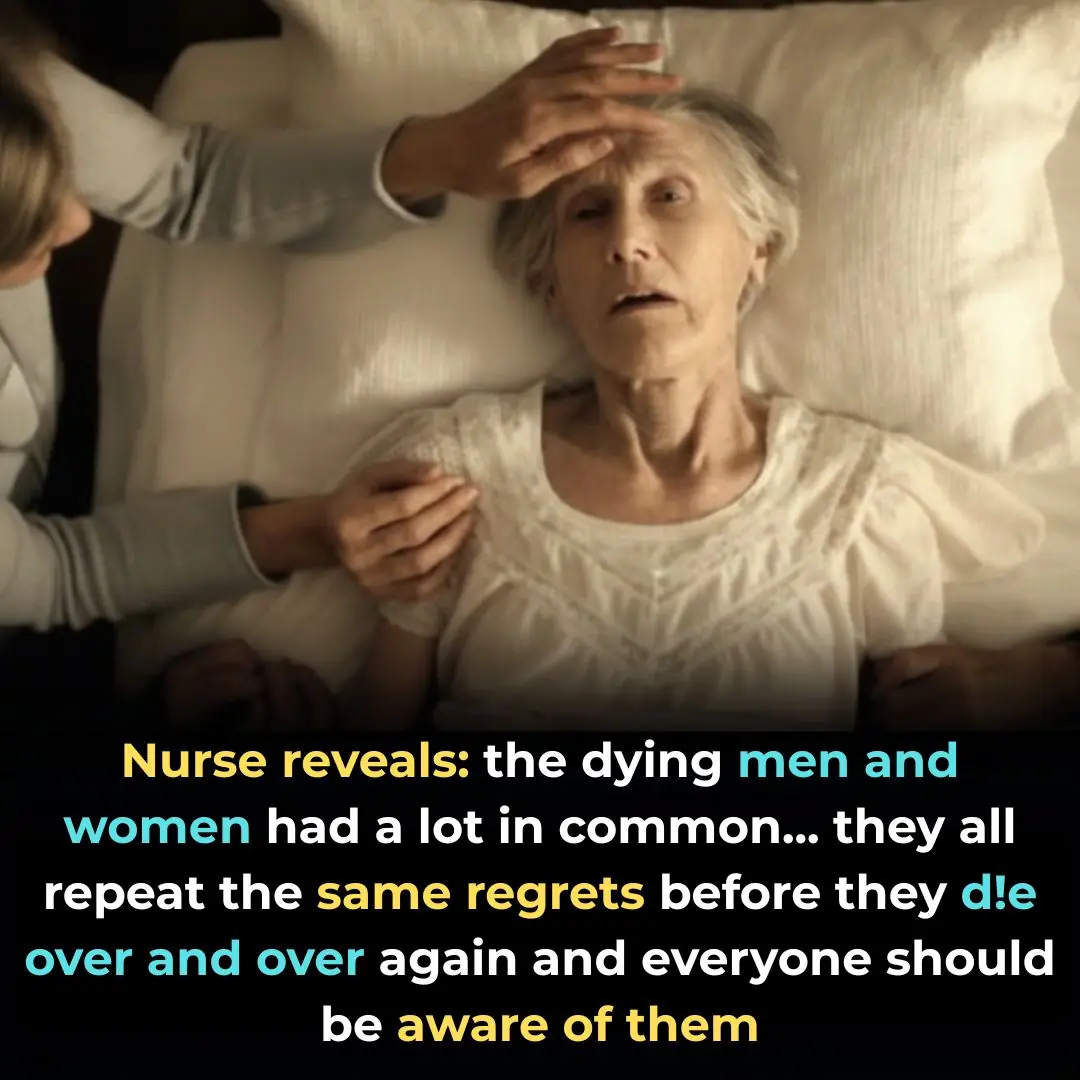
5 Most Common Deathbed Regrets, According to Palliative Care Nurse
Facts 13/09/2025 22:48
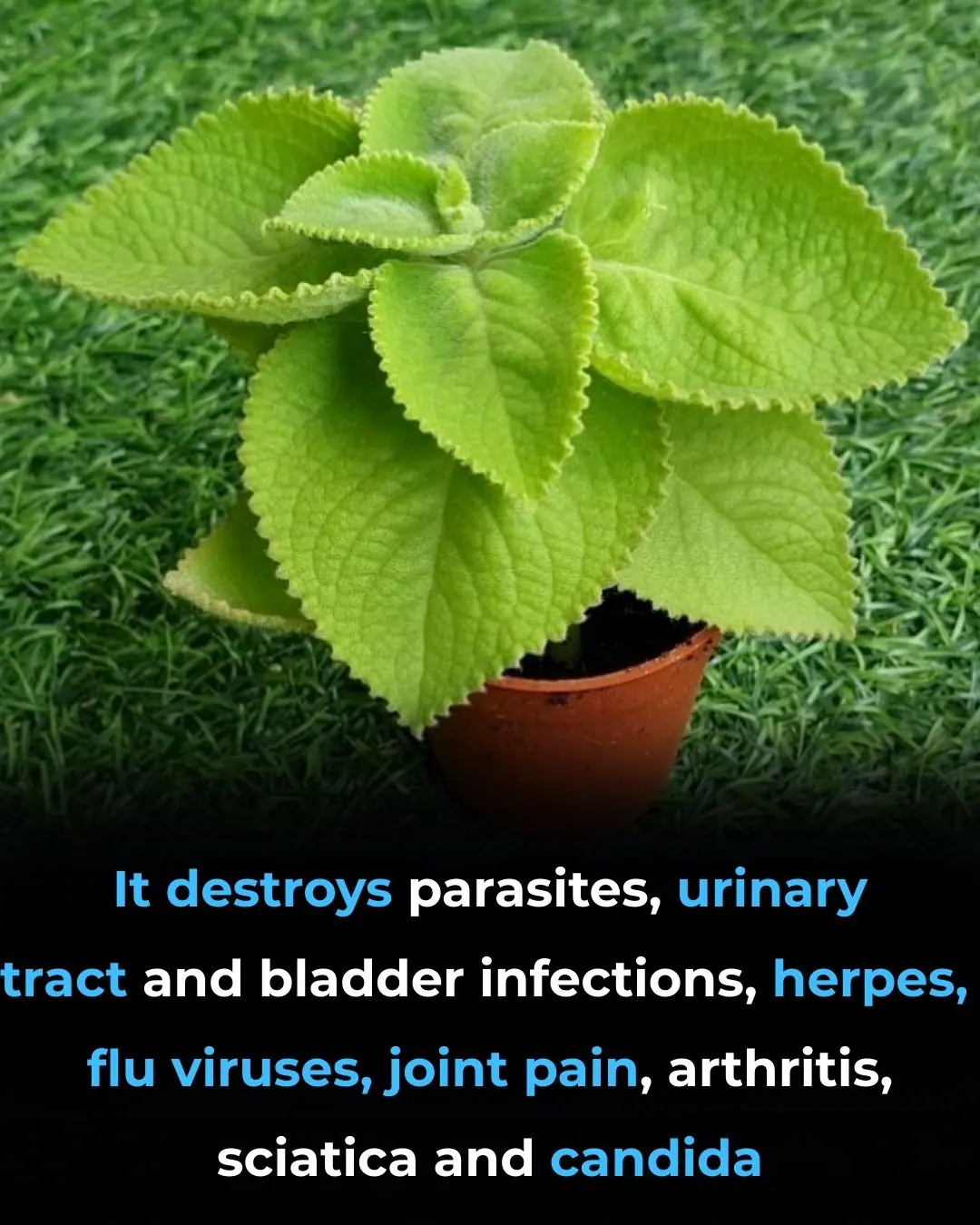
🌿 Oregano: Nature’s Small but Mighty Healer
Garden Healthy 13/09/2025 22:41
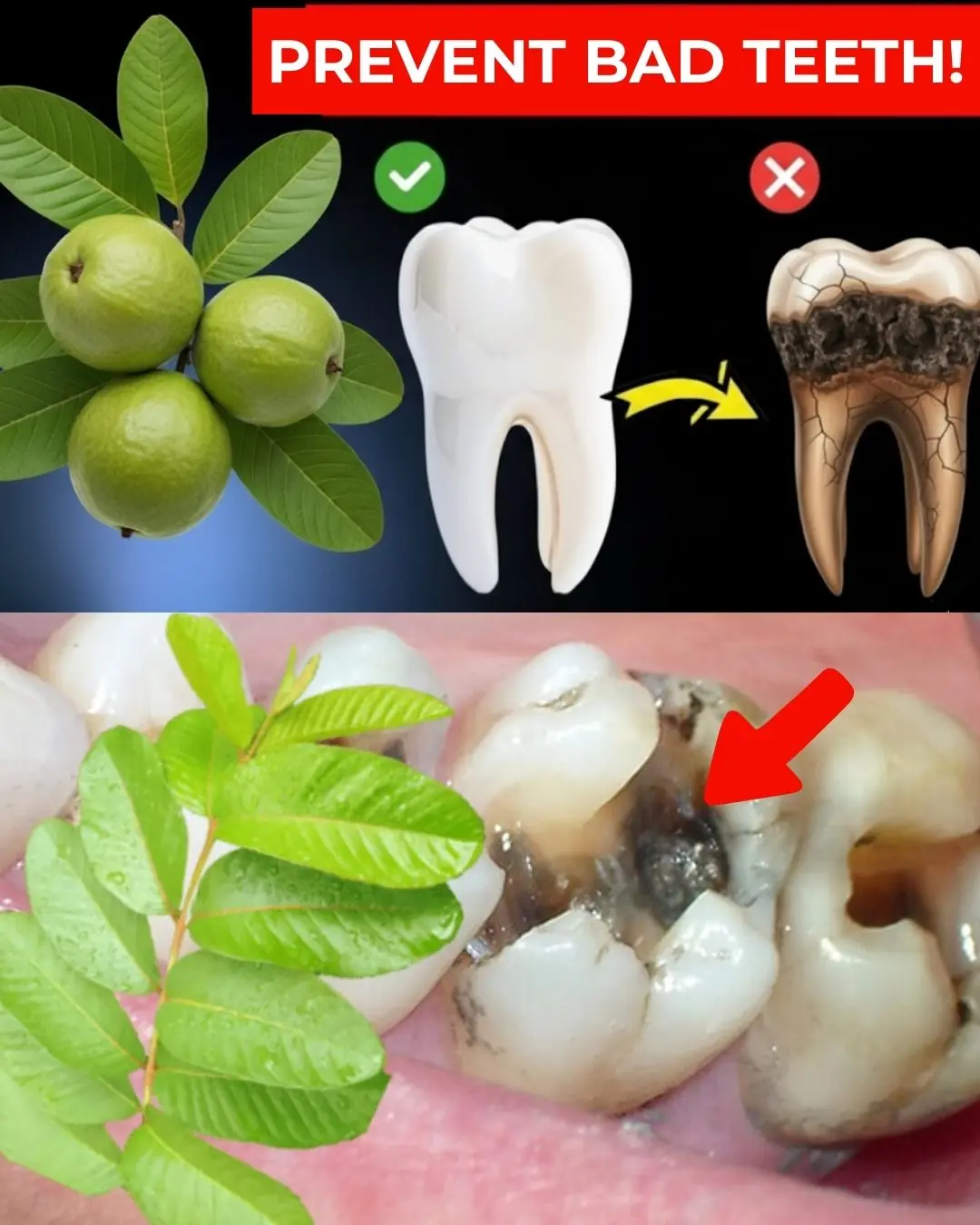
Top 3 Ways to Treat Tooth Decay with Guava Leaves – Simple and Cost-Effective
Garden Healthy 13/09/2025 22:31
